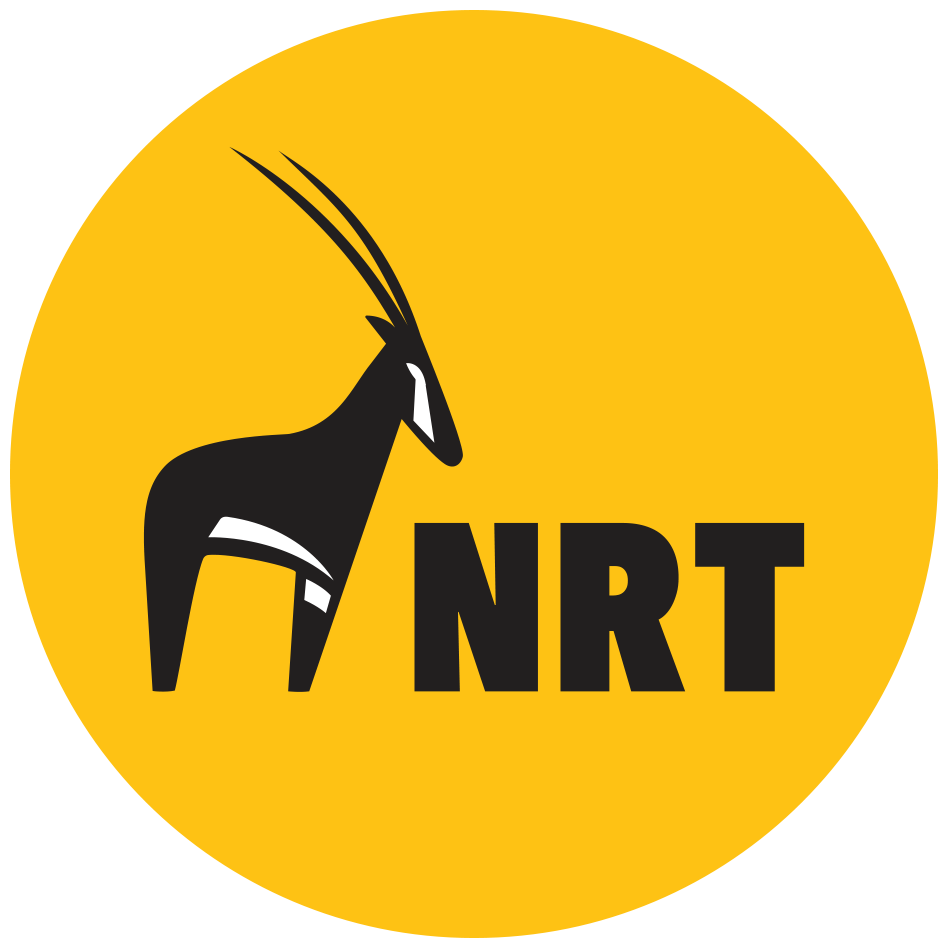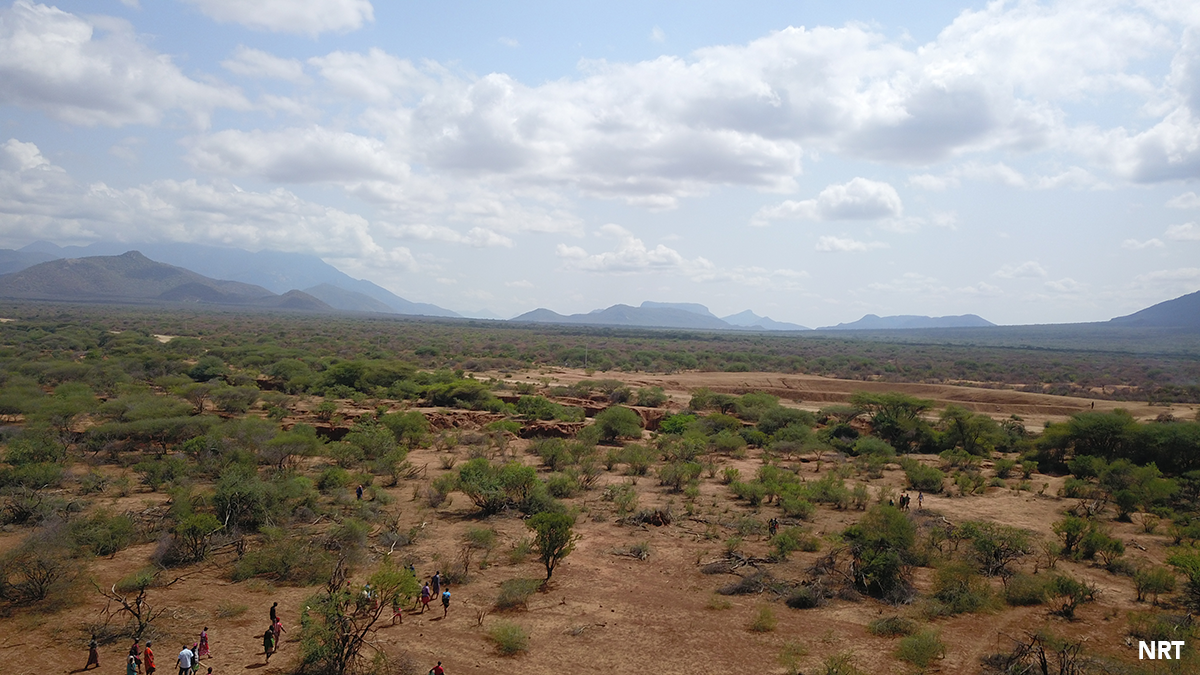Deforestation; Not Always Bad News
It sounds counter-intuitive: cut down trees to help rehabilitate land. But that’s exactly what the community of Namunyak have been doing, with support from NRT and SIDA (Styrelsen för Internationellt Utvecklingssamarbete). Over 550 men, women, youth, and people living with disabilities were employed over two weeks to clear the highly damaging Acacia reficiens tree from across 1,300 hectares of land, paving way for reseeding of perennial grasses.
Last week, Namunyak Wildlife Conservation Trust (NWCT) held a closing ceremony to mark the completion of the work, and were joined by political leaders including Samburu Women’s Representative Hon. Maison Leshomo and Samburu East MP Hon. Jackson Lekumontare.
Acacia reficiens is a native tree species - one of many Acacia species found across Africa - but it thrives on poor soil and degraded land, preventing any grass growth and leading to increased erosion. Its spread across Kenya’s northern rangelands is reducing grassland cover for both wildlife and pastoralists.
“When I was a boy herding our families livestock several years ago, this area used to be one of the best pasture lands in the region,” says Wilson Lekilio, an elder from Lerata in Namunyak Community Conservancy. “Now due to over-grazing and the spread of Acacia reficiens, the land has totally degraded.”
Before the exercise in Namunyak, NRT supported a group of conservancy constituents to tour sites in Kalama and Westgate community conservancies, where clearing Acacia reficiens, planting grass seeds and implementing grazing management has transformed previously degraded landscapes.
In the next phase of the project, the community in Namunyak will plant grass seeds amongst the cut Acacia branches, which have been left on the ground to help reduce soil erosion and protect young grass shoots from grazers.
“I am looking forward to when we will have grass grow again in our rangelands so that we can limit our movements and allow our children to learn in one school,” says Elizabeth Lemurusia, a Namunyak community member. “Usually, learning is disrupted since we are forced to move with our goats and children in search of pasture.”




